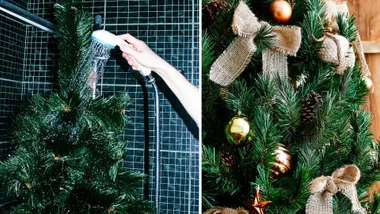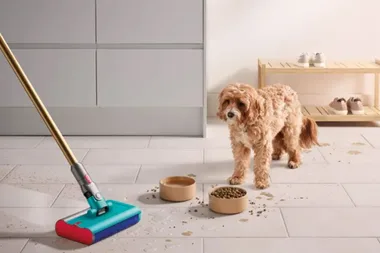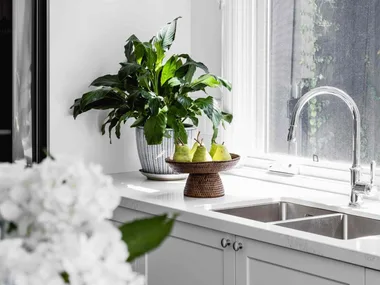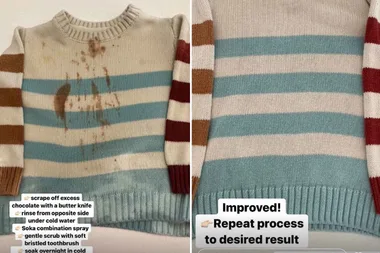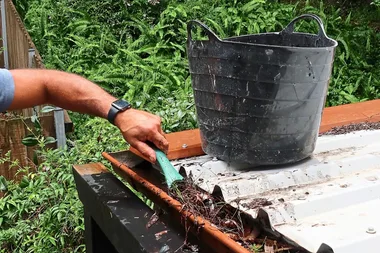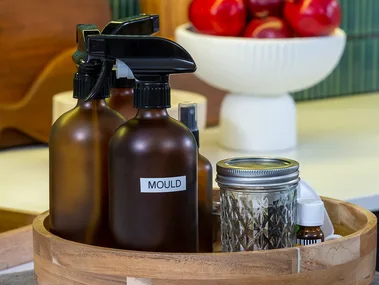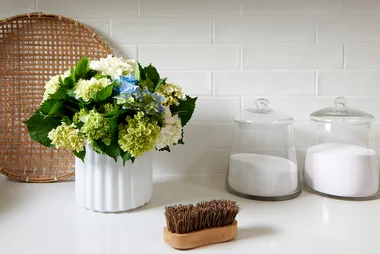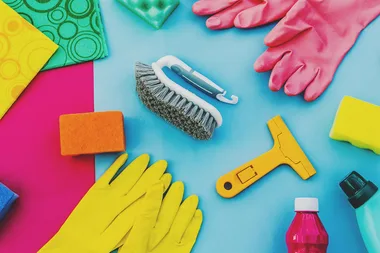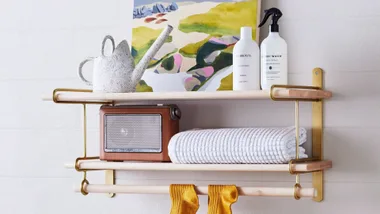Marble is a gorgeous, natural stone that is commonly used in kitchens as a benchtop and splashback material. And, being stone, it’s absolutely indestructible, right? Wrong! Marble is surprisingly porous and will soak up spills like a sponge, damaging the look of your investment.
WATCH: How to design a kitchen with Pete
Although marble will develop an aged patina over time, you can avoid unnecessary damage with a little tender loving care. Here’s what you need to know when it comes to the best way to care for honed or polished marble in your kitchen.
Hang on, what’s the difference?
In a nutshell, honed marble has a soft, satin appearance. Polished marble boasts a shiny, light-reflecting surface.
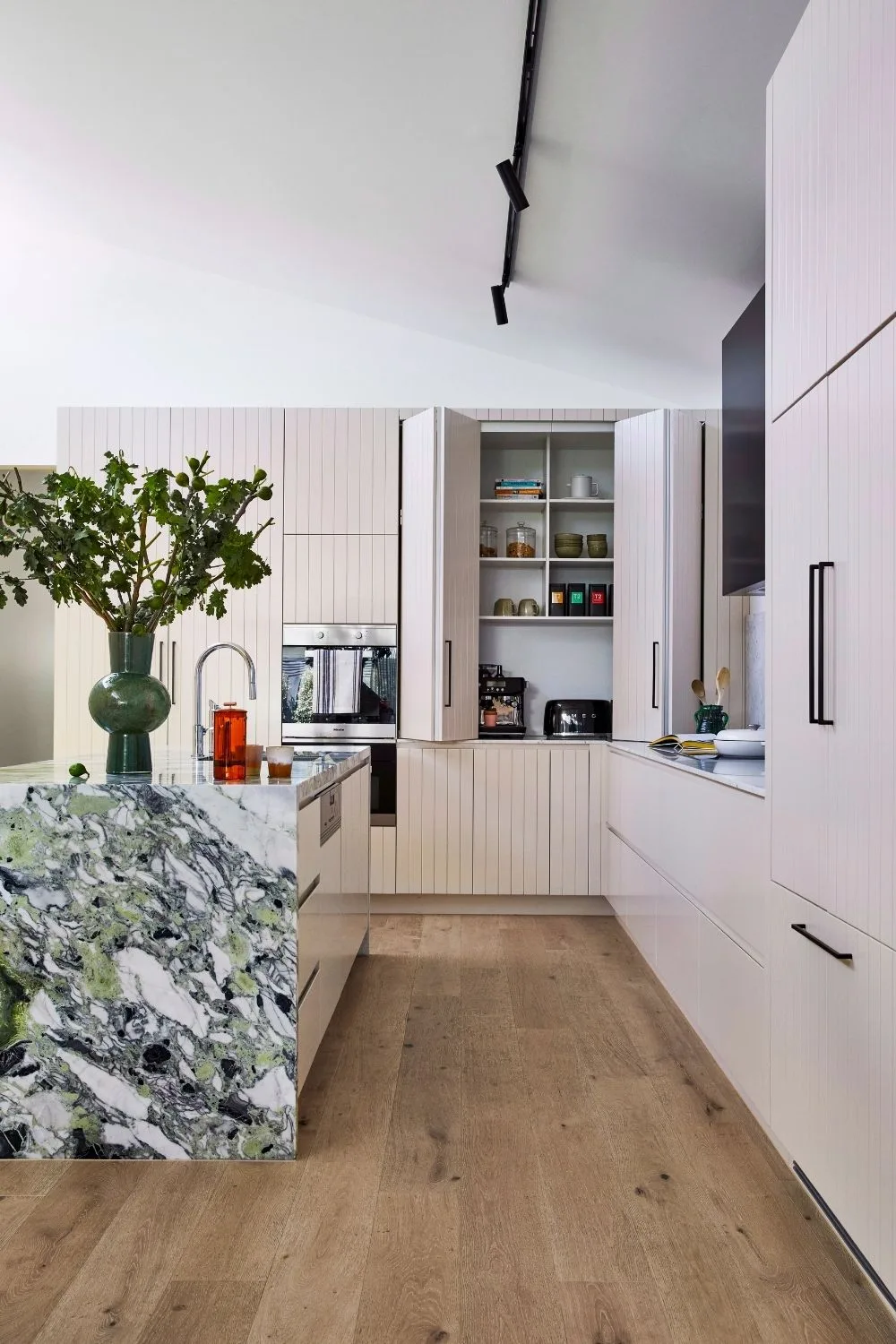
Start with sealant
Whether your marble surfaces are honed or polished, they need to be sealed with a good quality purpose-made sealant before you even begin to think about cooking up a feast. This is a job best done by professionals and should be repeated every few years. When water no longer beads, it’s time to reseal. While the sealant is the main guard in protecting the stone, you still need to maintain your marble.
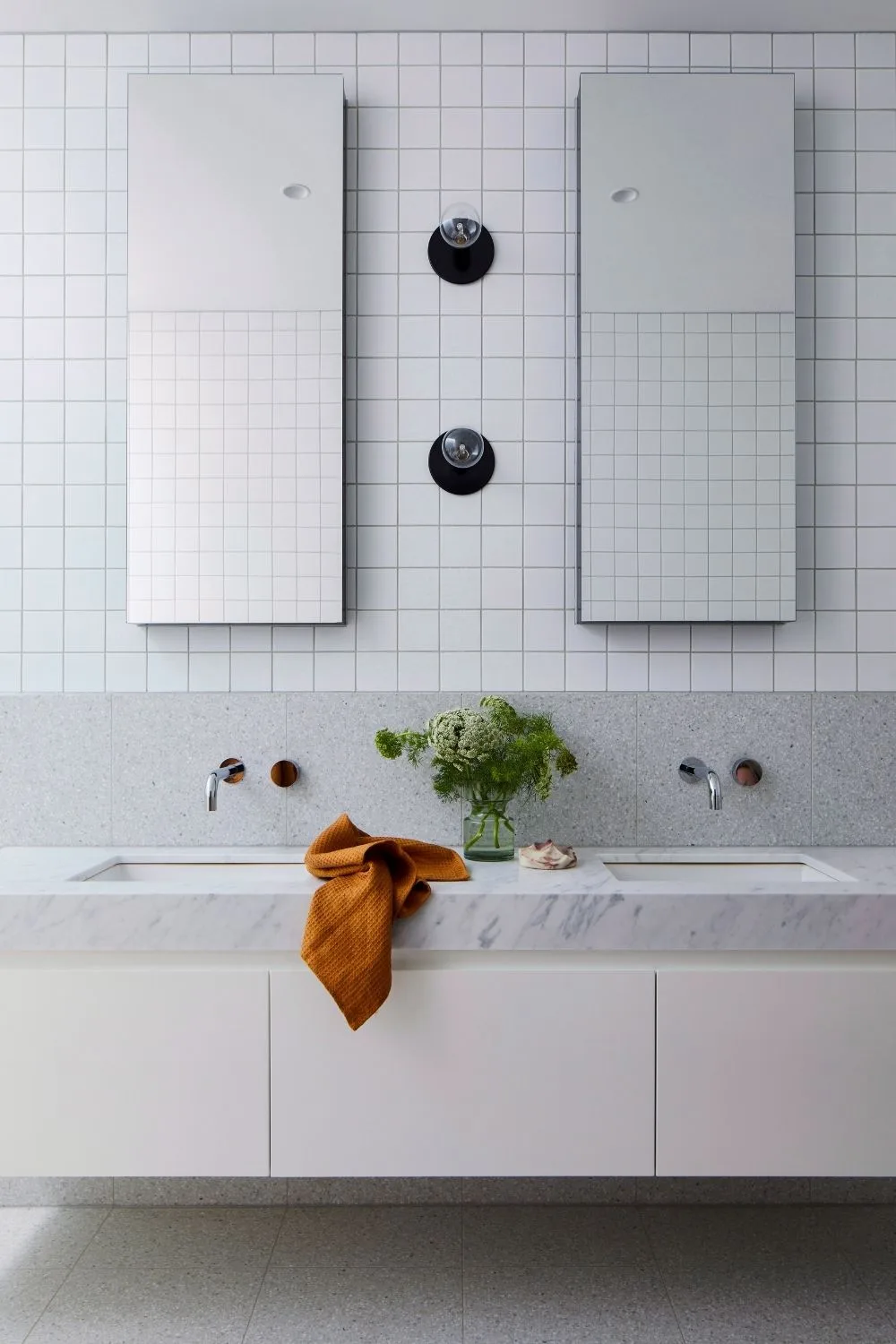
Cleaning and care tips
- Regular wiping should be done with a clean cloth and clean water. Microfibre cloths are good for this.
- Avoid using regular household cleaning products as these can easily ‘burn’ the surface.
- Always use a chopping board during food preparation and coasters for drinks.
- Don’t allow water to pool on the surface for long periods of time. This may cause discolouration.
- Wipe up food spills immediately after they occur, particularly liquids likely to stain or etch into the surface. As a rule of thumb: if it’ll stain a white t-shirt or your light-coloured carpet, it’s going to stain your marble (we’re looking at you beetroot juice, red wine, rich-coloured spices and so on). Acidic foods such as citrus juices, tomato-based sauces, soft drinks and vinegar products can quickly etch into the surface.
- To clean oil-based spills, first soak up as much as possible with plain paper towel. Cover the area with a thin layer of cornflour or talcum powder to draw out the oil.
- Use specialised spot cleaners to treat stains. You can use marble polishing cream on a soft cloth to spot-treat polished marble.
- If in doubt, contact a professional marble restoration and refinishing service in your area for further care and maintenance advice to suit your specific needs.

